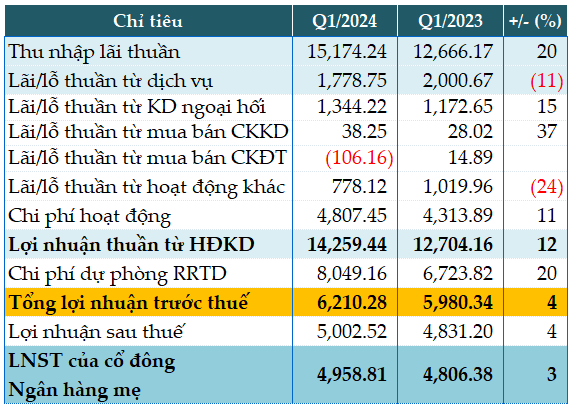
Illustrative image
According to Oilprice, state-owned oil refineries in India are becoming cautious in signing crude oil contracts from Russia, wary of the increasing risk of stricter enforcement of US sanctions on Russian oil.
The US imposed new sanctions on Russia last month – 2 years since Russia’s conflict with Ukraine. Of the 500 targets in the new sanctions, the US Treasury and State Department are targeting Russia’s Sovcomflot oil shipping company and more than a dozen crude oil tankers linked to the state-owned Russian company.
Indian refineries are currently concerned that the new sanctions will make it more difficult to transport oil from Russia on unaffected vessels, which will increase transportation costs and eat into refining profits, sources in the industry shared in early February.
As the supply commitments for India’s next fiscal year starting April 1 are being discussed, Indian Oil Corp – the country’s largest state-controlled refinery – is expected to scale back crude oil supply under a Russian contract, 6 industry sources said.
Two other major state-owned refineries, Bharat Petroleum Corporation Limited and Hindustan Petroleum Corporation Limited, have decided that at this time, they will not make firm commitments to purchase crude oil supplies under contracts from Russia in the fiscal year ahead.
However, Indian refineries have the ability to buy 40% of their crude oil supply on the global spot market.
For much of 2023, Indian refineries have made high profits and high refinery margins as they imported Russia’s cheap crude oil at $20 per barrel, much lower compared to international standards.
The increased competition for Russia’s supply in Asia has raised transportation costs, and the US’s stricter enforcement of sanctions has eroded refining profits, while Indian refineries are currently seeking additional supply sources outside of Russia.
Previously in mid-2023, officials at four major refineries in India said they would continue to buy Russia’s Ural blend despite soaring prices, arguing that similar quality barrels from the Middle East are still significantly more expensive.
Samiran Chakraborty, India’s chief economist at Citigroup, said, “Indian refineries may continue to import their oil from Russia as long as the discounts are higher than the higher import logistics costs.”
In 2023, Russia became India’s largest supplier of crude oil, accounting for about 30% of the country’s total imports of the commodity. Imports peaked at 1.99 million barrels per day in July 2023.









































